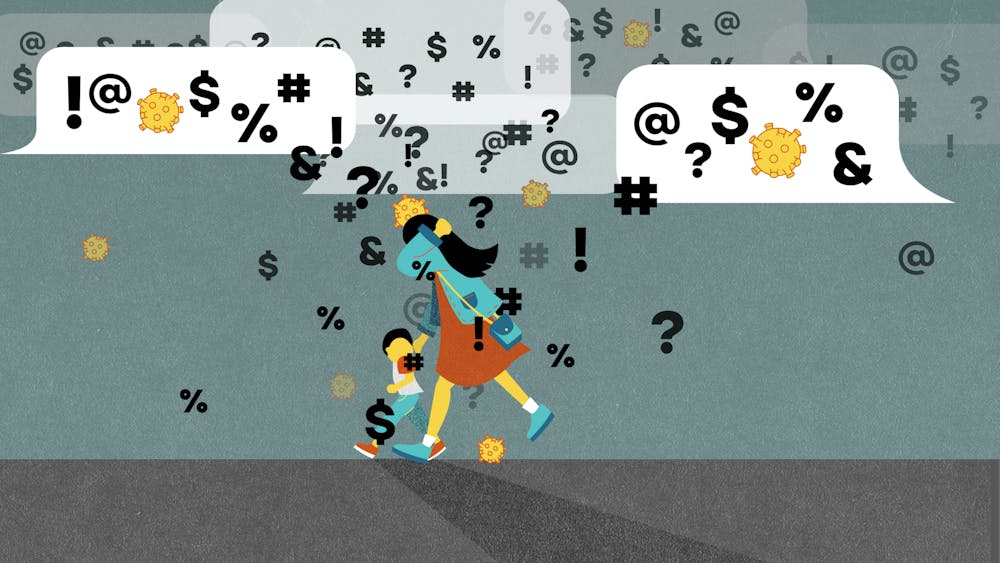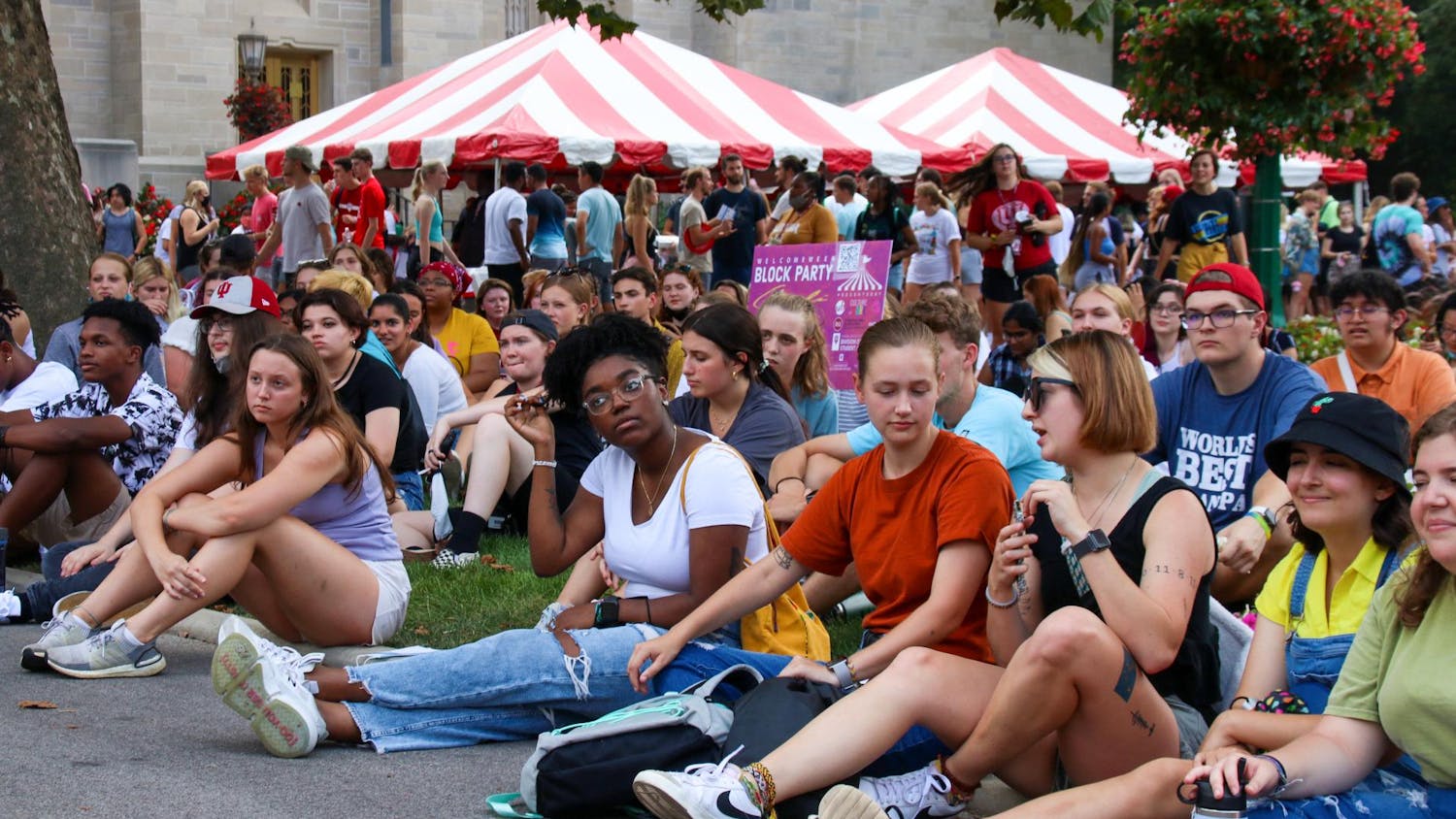These days when I call my dad, a Chinese immigrant, he tells me not to go out — not just because of social distancing, but because he worries about my safety.
Asian Americans, myself and my dad included, fear the growing prejudice against us following the spread of the coronavirus, which has led some to say that we are fighting two types of viruses: the coronavirus and racism.
My dad is a physician recovering from COVID-19. Even as he faced the recent uptick in anti-Asian discrimination, my dad put his health at risk to treat his patients. He should be celebrated rather than attacked.
Last week, a Korean doctor was kicked out of a Martinsville gas station. In February, two Hmong men were turned away from hotels in Plymouth. In Indiana and around the world, the COVID-19 pandemic is fueling anti-Asian discrimination.
Hoosiers must take anti-Asian racism seriously as a consequence of COVID-19 that hinders effective responses to the pandemic.
Xenophobic comments from national leaders, such as President Donald Trump calling COVID-19 a “Chinese virus” despite the World Health Organization changing naming standards to avoid people, places and animals, hinder international aid that can hasten the pandemic’s end.
And treating Asian Americans as a homogenous group, whether fueled by racism or not, ignores that certain subgroups are more vulnerable during the pandemic. Language barriers, health literacy, health insurance and immigrant status contribute to Asian American healthcare disparities, which are exacerbated by the pandemic.
Moreover, Asian Americans are an important force in the COVID-19 response.
Medical workers are disproportionately at risk for contracting COVID-19, and Asian Americans are overrepresented among them. A 2017 report from the Department of Health and Human Services found that although only 5.3% of the U.S. workforce were of Asian descent, Asians accounted for 8.4% of nurses and 19.6% of doctors.
It is not surprising that many Asian American healthcare workers are falling ill. New Jersey’s first COVID-19 patient, James Cai, is a physician assistant. It is likely that my father contracted COVID-19 from his work as a physician. To discriminate against Asian Americans is to deny the sacrifice and compassion of Asian American healthcare workers who risk their lives to treat their patients.
Many Asians and Asian Americans are actively protesting COVID-19-related discrimination, but we need more allies.
At IU, the Asian Culture Center has created a website in response to COVID-19 related discrimination, which includes information on university reporting of racist incidents.
On social media, Asian Americans are calling out discrimination through hashtags such as #IAmNotAVirus. As of April 3, a reporting center created by California-based advocacy organizations has received over 1,100 reports of COVID-19 related racist incidents from all over the country.
Not all mobilization has been productive.
When former Democratic presidential candidate Andrew Yang published an op-ed on COVID-19 related discrimination, he was criticized for advocating that Asian Americans “show our American-ness in ways we never have before” to combat racism. His words echoed World War II rhetoric that encouraged Japanese Americans to be “good Americans” when more than 110,000 were wrongfully incarcerated during World War II. Although it is important for Asian American public figures to call out racism, Yang’s “solution” wrongfully places the responsibility of combating racism on the victims.
The burden of advocacy should not fall on Asian Americans alone.
This issue affects all Americans, and it is not new. COVID-19 related racism is the most recent addition to a historical pattern of using disease to wrongfully justify discrimination, such as the SARS outbreak in 2003. We must act to prevent this from continuing by taking action.
“There are many things people can do to stop the spread of racism, including helping protect Asian Americans against hateful messages and racist actions, speaking out and condemning discrimination and supporting the passage of a hate crime resolution that will hold people responsible,” Melanie Castillo-Cullather, the director of the Asian Culture Center, said in an email.
It’s also important that we observe Asian American and Pacific Islander Heritage Month this May.
“Deplorable acts of discrimination such as COVID-19 related racism are not new,” Castillo-Cullather said. “During AAPI Heritage month, we not only highlight the contributions of AAPIs in this country, but also remember the challenges that AAPIs have faced.”
Hoosiers, Asian or not, must mobilize against discrimination related to COVID-19 by speaking out against racism everywhere. Our hopes for a healthy and just society depend upon it.
Tiffany Xie (she/her) is a senior studying English and biology. She wants to write and promote health equity as a physician.






